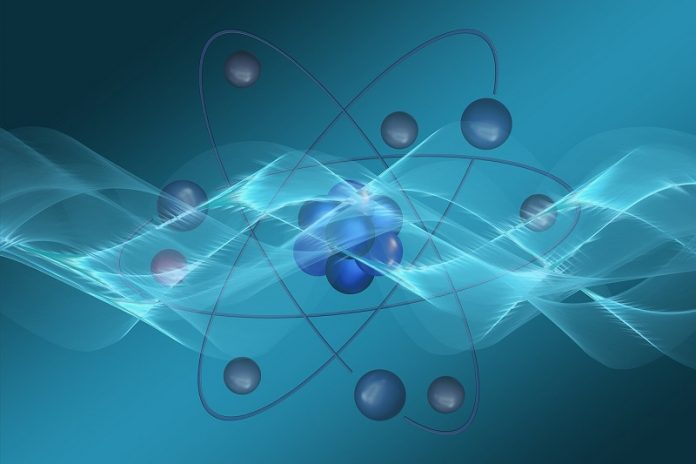
In a new study, scientists have boosted quantum memory efficiency to over 85%.
The new finding can help improve the performance of quantum computers.
The research was led by a team from the Hong Kong University of Science and Technology.
Quantum computers are a new generation of data processors that can exploit quantum mechanics and can overcome the limitations of traditional computers.
They have the very strong computational power and may push the boundaries of fundamental science.
They can help create new drugs, explore space, and enhance the accuracy of forecasts.
Previous research has shown that quantum memory components are essential for quantum computers.
Photonic quantum memory allows for the storage and retrieval of flying single-photon quantum states.
However, the challenge is that the production of such highly efficient quantum memory requires a perfectly matched photon-matter quantum interface.
The energy of a single photon is too weak and can be easily lost into the noisy sea of stray light background.
These problems make quantum memory efficiencies lower than 50%.
In the current study, the team has developed a way to improve the efficiency of photonic quantum memory to higher than 85%.
They trapped billions of rubidium atoms into a tiny, hair-like space, and those atoms are cooled down to nearly absolute zero (about 0.00001 K) with lasers and a magnetic field.
They also found a way to distinguish a single photon from the noisy background light.
The team suggests that the new quantum memory tech can o be deployed as repeaters in a quantum network and help develop a new generation of quantum-based internet.
The study is published in the authoritative journal Nature Photonics.
Copyright © 2019 Knowridge Science Report. All rights reserved.



